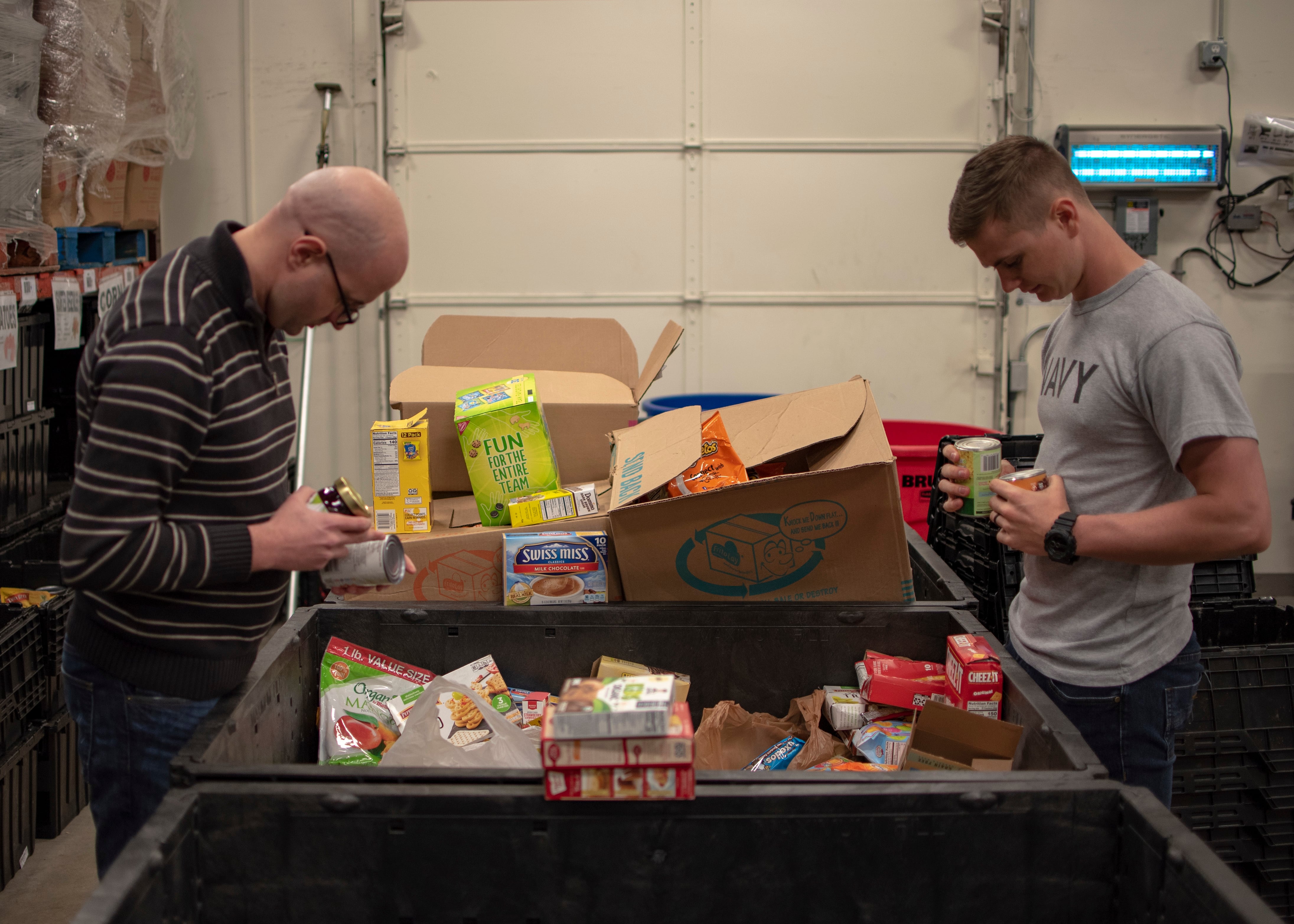Advocates and members of Congress have said for years that low military pay is threatening some troops’ ability to feed their families. On Wednesday, Defense Secretary Lloyd Austin announced a 90-day review to create a strategy for addressing it.
The announcement of the move to strengthen economic security in the force comes as the Defense Department has temporarily raised its basic allowance for housing payouts to troops stationed in particularly competitive housing markets. The pandemic’s secondary effects have made it more difficult for many military families to find affordable housing during permanent change-of-station moves.
“Now, the steps outlined in today’s memo won’t solve all the economic worries that our military families face. But they are important steps and we’re committed to getting this right,” Austin told reporters. “Men and women in uniform and their families have enough to worry about ― basic necessities like food and housing shouldn’t be among them. This is a readiness issue. And that’s why I’m focused on making sure that our servicemembers and their families have what they need to thrive so that they can focus on the hard work of defending our nation.”
The 2020 Blue Star Families Military Lifestyle Survey of 10,926 troops and family members, found that 14 percent, or 251 of the 1,757 active duty enlisted family members who responded, said they had faced food insecurity within the past 12 months. Of the 158 service members in paygrades E-1 to E-4 who responded, 29 percent of those junior enlisted ― 46 total ― said they were experiencing food insecurity.
In addition to BAH increases, Austin’s memo calls for extending reimbursements for temporary lodging past the traditional 10 days for troops needing short-term housing during a PCS move; looking into extending some overseas assignments to avoid unnecessary moves; and extending domestic assignments past three years.
The department also intends to field an economic security tool kit for military leaders that will highlight a wide range of available resources on housing availability, financial well-being and food security, available through Military OneSource. The tool kit will have specific resources for leaders on how to identify service members who are struggling to feed themselves and their families, how to engage in difficult conversations to assess food insecurity, and how to connect service members to additional resources and support programs.
A report from the defense undersecretary for personnel and readiness is due back in mid-January.
RELATED

Congress has also taken some cracks at legislation that would address the issue, including making it easier for troops to access the Supplemental Nutrition Assistance Program.
A bill proposed earlier this year, by Sen. Tammy Duckworth, D-Ill., would create an allowance for troops who would otherwise qualify for SNAP benefits based on their basic pay.
Many aren’t eligible now because their BAH, meant to be used for paying rents and mortgages, is used to calculate their eligibility.
Meghann Myers is the Pentagon bureau chief at Military Times. She covers operations, policy, personnel, leadership and other issues affecting service members.




